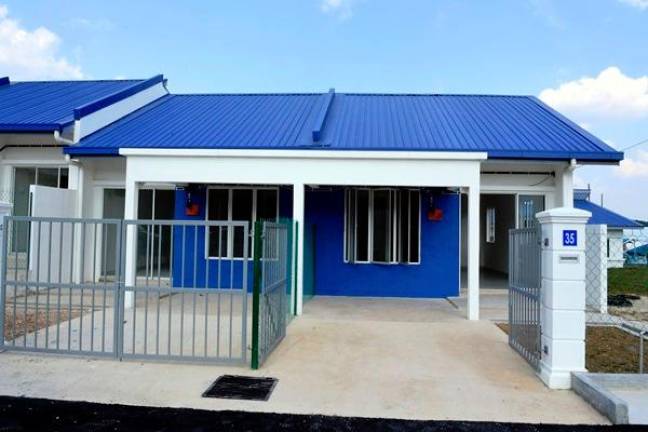Malaysia among top 10 in cross-border capital for commercial property investments in Asia-Pacific
KUALA LUMPUR: Malaysia saw an 18% year-on-year increase in cross-border capital for commercial property investments in the first quarter (Q1) of 2019, placing it in the top 10 countries in Asia Pacific, according to independent global property consultancy Knight Frank’s 2019 edition of its flagship report, Active Capital.
Knight Frank Malaysia executive director of capital markets James Buckley said overseas investors are carefully watching the progress of the new government who have made some encouraging progress in tackling corruption and cutting costs, particularly the renegotiation of Chinese-backed infrastructure projects.
“With high supply in the office and retail sectors, we are particularly focused on alternative real estate sectors such as car parking, educational and logistics investment properties where the fundamentals are stronger. We have also seen good demand from overseas groups for hospitality assets. We anticipate that there will be increasing repositioning opportunities for older office buildings where increasing vacancy may lead owners to consider alternative uses,” he said in a statement today.
Between Q1 2018 and Q1 2019, China remains the largest recipient of cross-border capital in Asia Pacific as its economic prowess continues to attract attention from foreign investors. This is followed by developed Asian economies such as Australia, South Korea, Japan and Singapore, as these matured economies are commonly viewed as safe havens for key investors such as REITs, private equity firms and hedge funds.
Knight Frank said the global residential sector had undergone some transformation in recent years, especially in developed countries, as occupiers across all-age groups began to adopt an asset light model, preferring to rent rather than owning their residence.
“This occurs as the modern society favors flexibility and experience of living over the possession of tangible assets. This has resulted in the proliferation of co-living spaces.”
Knight Frank Malaysia executive director of capital markets Allan Sim said in some developed Asian markets such as Hong Kong and Singapore, with the scarcity of land as well as high property prices, developers see the opportunity to fill the gap with co-living spaces targeting young professionals.
In Malaysia, as the co-working trend continues to gain traction, the idea of co-living which shares similarities with co-working is expected to take shape, especially in well-connected business districts.
“Challenges in the property market have also prompted developers to be more creative in generating expected revenue, resulting in the emergence of developments with co-living elements. For example, co-living spaces such as Co-Coon Co-Living KL by Tan & Tan Developments Bhd and the incoming Lyf Raja Chulan Kuala Lumpur by The Ascott Ltd are starting to make inroads into Malaysia.
“The demand for co-living spaces, which is intertwined with co-working, is poised to grow in the midterm given rapid urbanisation coupled with the shift in lifestyle habits especially among the millennial generation,” Sim added.
Source: https://www.thesundaily.my/business/malaysia-among-top-10-in-cross-border-capital-for-commercial-property-investments-in-asia-pacific-AK1084417


 Thailand
Thailand




